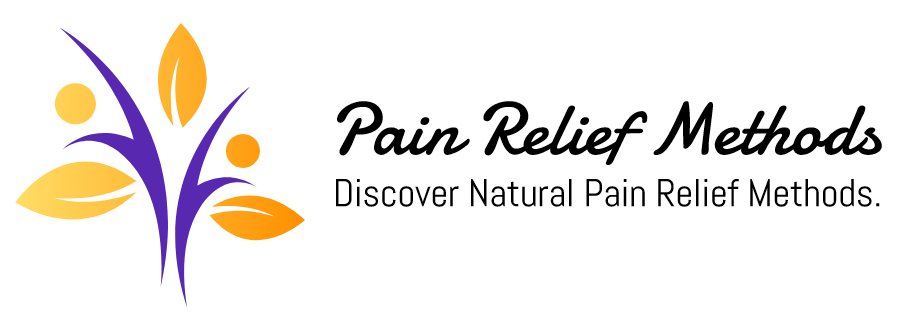Table of Contents
What Disease Starts With Lower Back Pain
Introduction
Lower back pain is a remarkably common experience, affecting up to 80% of people at some point in their lives. While it can be alarming, lower back pain doesn’t always signify a serious disease. This article explores the various reasons behind lower back pain and helps you understand when to seek medical attention.
Lower Back Pain: A Spectrum Of Causes
Lower back pain can arise from a multitude of factors, some more concerning than others. Let’s delve into some potential culprits:
-
Musculoskeletal Issues
These are the most common causes of lower back pain and often resolve on their own with time and self-care.
- Muscle Strain or Sprain: Overexertion, lifting heavy objects improperly, or poor posture can strain muscles or ligaments in your back, leading to pain and stiffness.
- Degenerative Disc Disease: Discs between your vertebrae cushion your spine. As we age, these discs can wear and tear, causing pain and inflammation.
- Sciatica: This condition involves pain radiating down the leg due to a pinched nerve in the lower spine.
-
Structural Abnormalities
Certain pre-existing conditions can contribute to lower back pain:
- Scoliosis: An abnormal curvature of the spine can put uneven stress on your back muscles, leading to pain.
- Spondylolisthesis: A condition where a vertebra slips out of place, causing pain and instability.
-
Inflammatory Conditions
These can affect various structures in your back, causing pain and stiffness:
- Ankylosing Spondylitis: An autoimmune disease causing inflammation of the joints in the spine.
- Arthritis: Osteoarthritis can affect the facet joints in your spine, leading to pain.
-
Other Potential Causes
- Kidney Stones: Pain from kidney stones can sometimes radiate to the lower back.
- Endometriosis: In women, this condition can cause pelvic pain that may radiate to the lower back.
- Tumors: While less common, tumors in the spine or surrounding tissues can cause back pain.
When To Seek Medical Attention
While most lower back pain improves with self-care, some situations warrant a doctor’s visit:
- Severe or persistent pain: If pain is severe, unrelenting, or worsens over time, seek medical attention.
- Pain radiating down the leg (sciatica): This often requires professional evaluation.
- Loss of bowel or bladder control: This is a medical emergency and requires immediate attention.
- Fever, weight loss, or night sweats along with back pain: These could indicate a more serious underlying condition.
- Recent trauma or accident: If back pain follows a fall or accident, see a doctor to rule out fractures or other complications.
Additional Tips
- Maintain good posture and body mechanics: This reduces stress on your back.
- Engage in regular exercise: Maintaining core strength and flexibility can prevent future back pain.
- Manage stress: Stress can exacerbate back pain. Relaxation techniques can be helpful.
- Maintain a healthy weight: Excess weight puts additional strain on your back.
FAQs on Lower Back Pain Causes
-
Is There A Difference Between Acute And Chronic Lower Back Pain?
Acute pain comes on suddenly and usually resolves within a few weeks. Chronic pain persists for longer than 3 months.
-
Can Certain Activities Trigger Lower Back Pain?
Poor posture, repetitive lifting, or activities that strain your back can trigger pain.
-
Can A Bad Mattress Cause Lower Back Pain?
An unsupportive mattress can contribute to back pain. Choose a mattress that provides proper alignment for your spine.
-
What Imaging Tests Might A Doctor Use To Diagnose Lower Back Pain?
X-rays, MRIs, or CT scans may be used to visualize the bones, discs, and nerves in your spine to identify the cause of pain.
-
Are There Alternative Therapies That Can Help With Lower Back Pain?
Therapies like acupuncture, yoga, or massage therapy can provide some pain relief for certain individuals.
Conclusion
Lower back pain is a common experience, but it doesn’t necessarily signify a disease. While most cases resolve on their own, understanding the various causes and seeking medical attention when necessary is crucial. By implementing self-care strategies and working with a healthcare professional, you can effectively manage back pain and improve your overall well-being.
References
- American Academy of Orthopaedic Surgeons https://orthoinfo.aaos.org/
- Mayo Clinic
Discover more from Pain Relief Methods
Subscribe to get the latest posts sent to your email.


